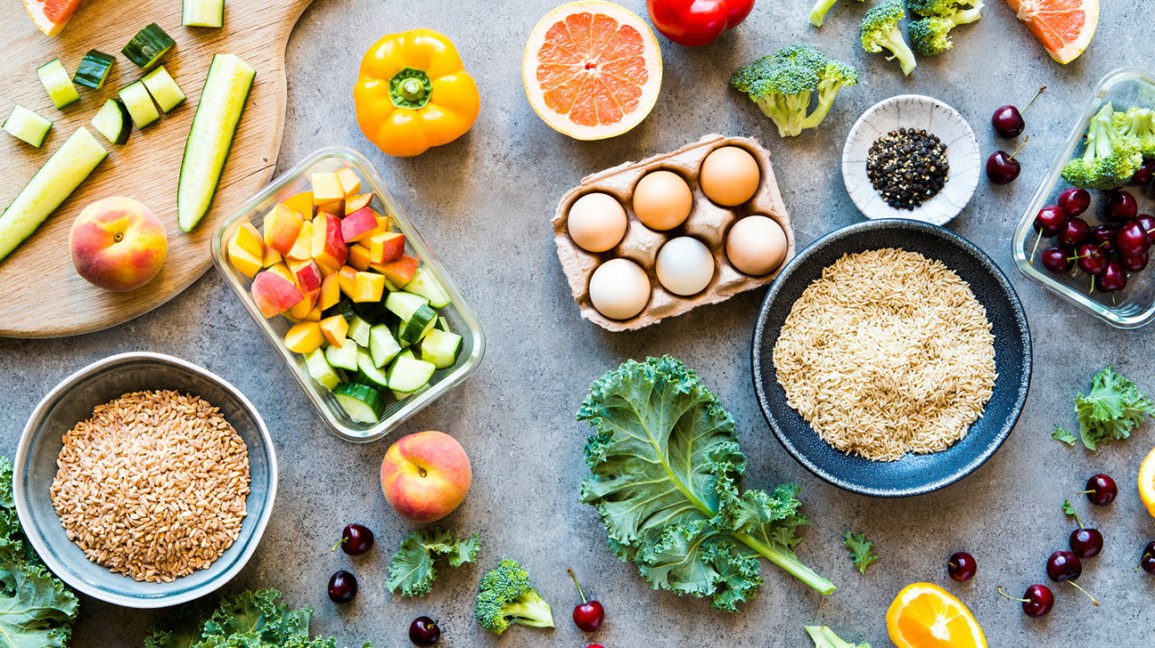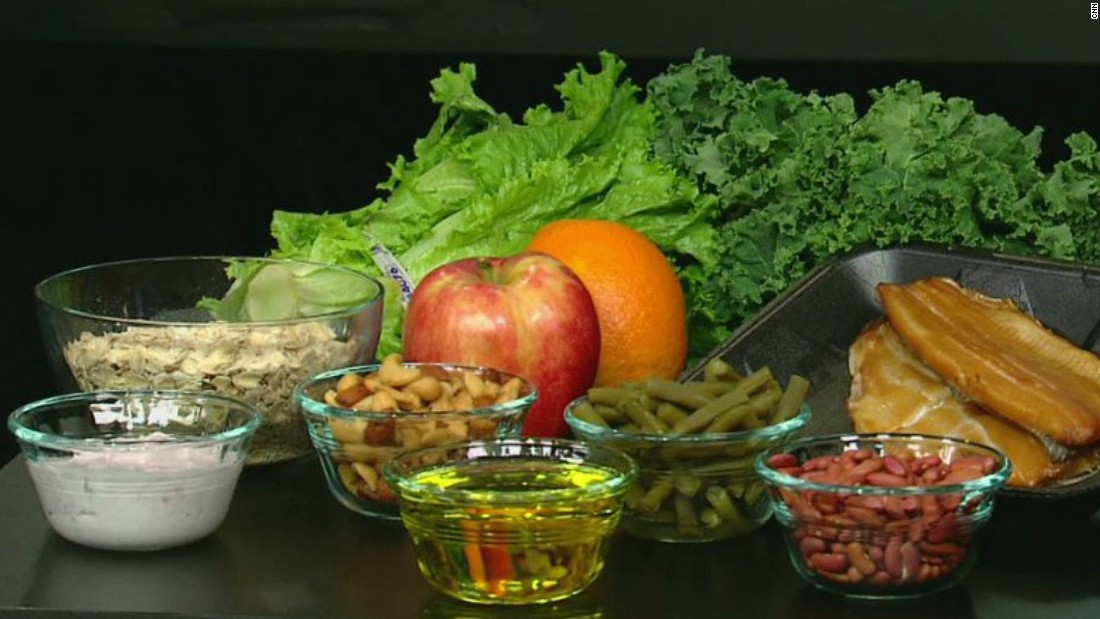
Vegetarian diets have many health benefits. These include a lower risk of heart attack, reduced cholesterol, reduced blood clot risk, and osteoporosis. These benefits, while not immediate, can help you choose a healthier lifestyle.
Reduced risk of heart disease
A new study finds that people who eat a mostly vegetarian diet are at a lower risk of heart disease. This study was published in American Journal of Clinical Nutrition. Research showed that a vegetarian diet reduced heart disease risk by as much at 32%. Heart disease is the leading cause of death in developed nations and causes over 65,000 deaths each year in the UK.
This reduces risk of heart disease as well as the risk of stroke. An eighteen-year study in Great Britain tracked 48,000 people over the course of their lives. The study found that people who eat a vegetarian diet are at lower risk for stroke and cardiovascular disease than those who eat meat.
Lower risk of bloodclots
Researchers have found that a vegetarian diet may lower the risk of blood clots. This is based on several studies. One study found that vegetarians have lower risk of stroke and coronary disease. However, a vegetarian diet may not be healthy for everyone.

This study also found that a vegetarian diet may lower the risk of blood clots in the brain. This is good news both for your health as well as the planet's health. The results of the study, which was conducted on both vegetarians as well as non-vegetarians were very similar. Compared to non-vegetarians, meat-eaters had higher levels of cholesterol, plasma triacylglycerol (TC), and LDL-C. They also had higher levels of plasma factor VII activity.
Lower risk of osteoporosis
You can reduce your chances of getting osteoporosis if you eat a vegetarian diet. A vegetarian diet will help your body retain more Calcium than a nonvegetarian diet. Plant-based diets have higher levels of calcium and Vitamin D. Vitamin D is essential for bone health. Additionally, they are rich in n-3-fatty acids. These nutrients aid your bones during their remodeling process.
Soy is a good source for isoflavones. These protect the bones from breaking down. Women who eat a vegetarian diet are more likely to experience osteoporosis risk than those who eat meat. This may not compensate for the lower estrogen exposure of vegetarians.
Lower cholesterol
Numerous studies have shown that a plant-based diet has lower total cholesterol, LDL cholesterol, HDL cholesterol and other cholesterol levels. This diet is also associated with lower triglycerides, a type of fat. More research is needed to determine the long-term consequences of this diet. For the study, researchers conducted a meta-analysis of 19 clinical trials and 30 observational studies to assess the effects of a vegetarian diet on plasma lipid levels. They found that a vegetarian diet was associated with lower mean levels of LDL and total cholesterol than a non-vegetarian diet.
HDL cholesterol levels also decreased significantly with this diet. This is due to its low saturated fat content and high fibre content. The vegetarian diet was also associated with lower body weight. Moreover, it contains plant sterols and soluble fiber that may reduce cholesterol.

Lower chance of developing cancer
The benefits of eating a vegetarian diet include a lower rate of cancer. This diet is high-in phytochemicals and fiber. It also helps to avoid certain types of cancer like colon and colorectal. Recent studies have shown that vegetarians have lower rates of colorectal and colon cancer.
These findings were based on a large UK study that followed 472,000 people over ten years. Although the findings aren’t conclusive, they show that vegetarians lower their risk of getting cancer by around 25%.
FAQ
What is the problem?
BMI stands for Body Mass Index, which is a measurement of body fat based on height and weight. The following formula is used to calculate BMI:
Weight in kilograms divided by height in meters squared.
The result is expressed using a number from 1 to 25. Scores of 18.5 and higher indicate overweight, while scores of 23 and higher indicate obesity.
A person who weighs 100 kg and has a height of 1.75 m will have a BMI of 22.
What's the best diet?
Your age, gender, body type, and lifestyle choices will all impact the best diet. Consider how much energy and low-calorie foods you consume, as well as whether or not you are a fan of fruits and vegetables.
Intermittent fasting might be an option for you if your goal is to lose weight. Intermittent eating means you only eat specific meals throughout the day. It's not like three big meals. You might find this way to be more beneficial than traditional diets, which have daily calorie counts.
Research suggests that intermittent fasting may increase insulin sensitivity and reduce inflammation. This can result in improved blood sugar levels as well as a lower risk of developing diabetes. Research suggests that intermittent fasting can promote fat loss and improve overall body composition.
These are the 7 secrets to a healthy life.
-
Take care of your health
-
Exercise regularly
-
Rest well
-
Drink lots of water
-
Get adequate sleep
-
Be happy
-
Smile often
Does cold make you weaker?
According to some, there are two kinds: people who love winter and people who hate it. But whether you love or hate it, you may find yourself wondering why you feel so lousy when it's cold out.
The reason is simple: Our bodies are meant to function best in warm conditions. Hot climates are where our food sources are most plentiful, and we evolved to thrive there.
However, our environment is quite different than that of our ancestors. We spend much more time indoors and are exposed to extreme temperatures (cold, heat) and eat processed foods instead of fresh.
As a result, our bodies aren't used to such extremes anymore. That means that when we do venture outdoors, we're left feeling tired, sluggish, and even sick.
There are many ways to avoid these side effects. The best way to avoid these problems is to ensure that your body stays hydrated throughout the day. You can help flush out toxins and keep your body hydrated by drinking plenty of water.
Another important step is to ensure that you're eating healthy meals. Healthy food will help your body maintain its optimal temperature. This is especially important for those who spend long periods inside.
Finally, consider taking a few minutes each morning to meditate. Meditation helps to calm your mind and body. This will make it easier and more effective to deal with stress or illness.
What does it take to make an antibiotic work?
Antibiotics are drugs that destroy harmful bacteria. Antibiotics are used to treat bacterial infections. There are many options for antibiotics. Some can be taken orally, others are injected and some are applied topically.
People who have been exposed are often given antibiotics. To prevent shingles, an oral antibiotic may be prescribed to someone who has had chicken pox. Penicillin might also be administered to someone with strep throat. This will help prevent the possibility of developing pneumonia.
A doctor should give antibiotics to children. Side effects of antibiotics can be more dangerous for children than for adults.
The most common side effect associated with antibiotics is diarrhea. Other side effects that could occur include nausea, vomiting and dizziness. These side effects are usually gone once the treatment has finished.
How can I control my blood pressure?
First, you must determine what is causing high blood pressure. Then you need to take steps to reduce this cause. This could include eating less salt, losing weight if necessary, taking medication, etc.
It is important to ensure that you get enough exercise. Try walking if you don’t find the time.
If you're not happy with how much exercise you're doing, then you should consider joining a gym. You'll probably want to join a gym where there are other people who share your goals. It is easier to adhere to a fitness routine when someone else will be there with you.
What is the difference of fat and sugar?
Fat is an important energy source, which comes from food. Sugar is a sweet, naturally occurring substance in fruits and vegetables. Both sugars, and fats, have the same calories. However, fats contain more than twice as many calories as sugars.
Fats are stored in the body and contribute to obesity. They may cause cholesterol buildup and lead to strokes or heart attacks.
Sugars provide instant energy and are rapidly absorbed by the body. This causes blood glucose levels to rise. High blood glucose levels can lead to type II diabetes.
Statistics
- This article received 11 testimonials and 86% of readers who voted found it helpful, earning it our reader-approved status. (wikihow.com)
- nutrients.[17]X Research sourceWhole grains to try include: 100% whole wheat pasta and bread, brown rice, whole grain oats, farro, millet, quinoa, and barley. (wikihow.com)
- According to the Physical Activity Guidelines for Americans, we should strive for at least 150 minutes of moderate intensity activity each week (54Trusted Source Smoking, harmful use of drugs, and alcohol abuse can all seriously negatively affect your health. (healthline.com)
- The Dietary Guidelines for Americans recommend keeping added sugar intake below 10% of your daily calorie intake, while the World Health Organization recommends slashing added sugars to 5% or less of your daily calories for optimal health (59Trusted (healthline.com)
External Links
How To
27 Steps to a Healthy Lifestyle if Your Family Only Buys Junk Food
The most common way to eat healthy is to cook at home. This is difficult for people who don't know how to cook healthy meals. This article will help you make healthier choices while dining out.
-
Find restaurants that offer healthy options.
-
Before you order meat dishes, make sure to order salads or vegetables.
-
Ask for sauces without added sugar.
-
Avoid fried food.
-
Ask for grilled meats, not fried.
-
Don't order dessert unless your really need it.
-
After dinner, make sure you have something to eat.
-
Slowly chew and eat.
-
Eat water.
-
You should not skip breakfast or lunch.
-
Include fruit and vegetables with every meal.
-
Drink milk rather than soda.
-
Avoid sugary beverages
-
Reduce salt intake.
-
Limit the amount of time you eat at fast food restaurants.
-
Ask someone to join you if you cannot resist temptation.
-
Don't let your children watch too much TV.
-
Keep the television off during meals.
-
Avoid energy drinks
-
Take frequent breaks from your job.
-
Get up early in the morning and exercise.
-
Do some exercise every day.
-
Start small and build up gradually.
-
Set realistic goals.
-
Be patient.
-
Find time to exercise even if you don't feel like it.
-
Positive thinking is key.